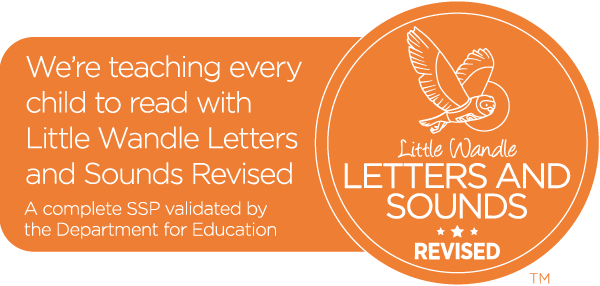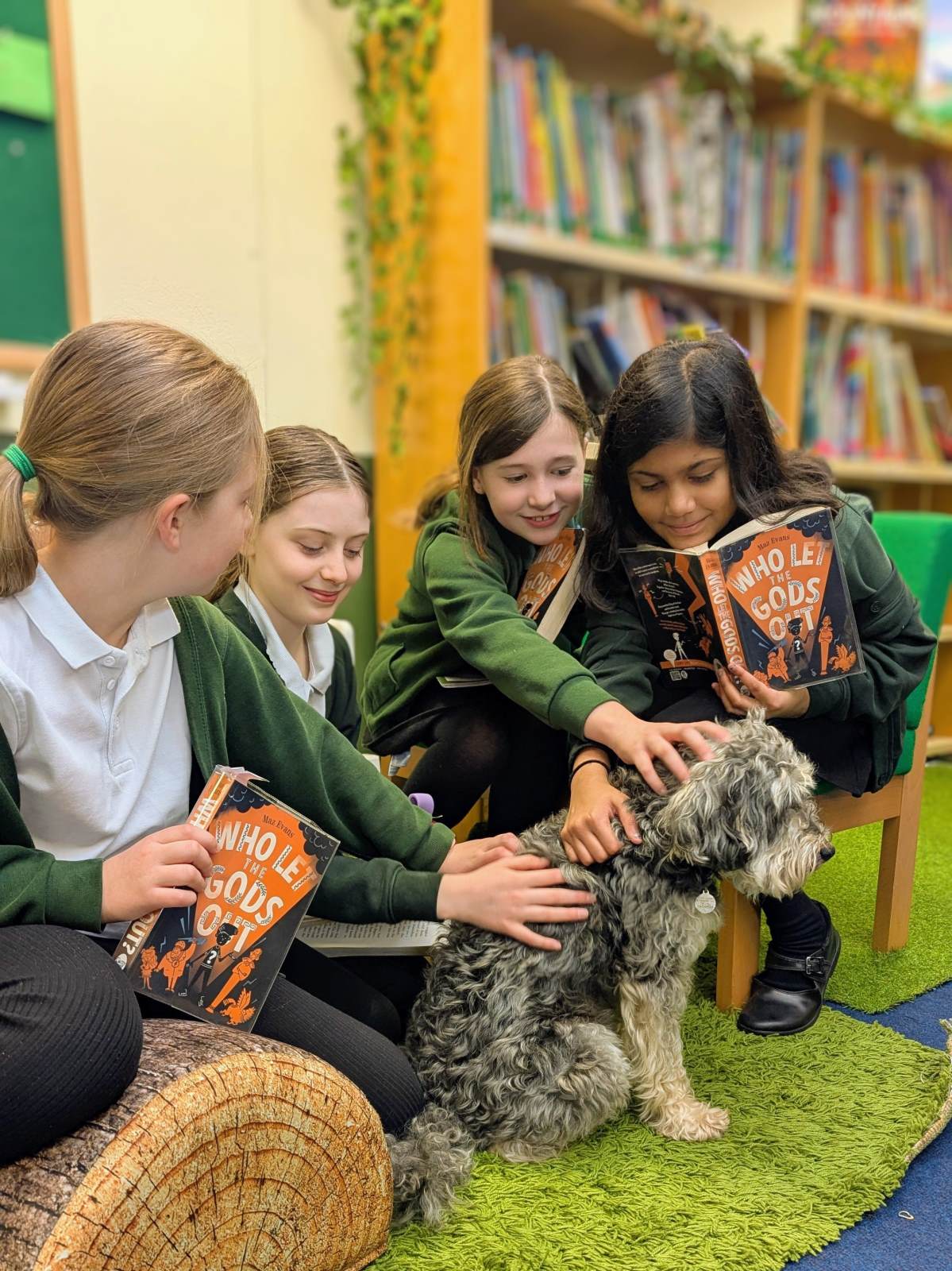Reading and Phonics
How is Reading Taught at Trafalgar - KS2
Our Year 3 children continue to 'Complete the Code' and develop their fluency by following the Little Wandle Fluency planning and books. These diverse books are designed to be engaging and inspiring and cover both fiction and non-fiction content and enable the children to develop their understanding our the final complex stages of phonics learning.
We choose high quality, diverse texts to support all areas of our curriculum, ensuring they support the development of our children's vocabulary as well as inspiring and engaging them to read.
Reading for Pleasure
Reading and books develop a child’s imagination, deepen their receptive and expressive vocabulary and help children to understand the world they live in; that is why we believe reading for pleasure is vital.
At Trafalgar our aim is for all children to develop a life-long love of reading and Reading for Pleasure remains a whole school priority. Reading enjoyment has been reported as more important for children’s educational success than their family’s socio-economic status (OECD, 2002). We believe that a whole school Reading for Pleasure culture must be planned for and promoted throughout the school in a variety of ways, ensuring that all children have the opportunity to develop that real love of reading.
We choose high quality, diverse texts to support all areas of our curriculum, ensuring they support the development of our children's vocabulary as well as inspiring and engaging them to read.
Story time is protected at Trafalgar and all classes take part in quality, daily story time sessions.
Throughout the school day , children have opportunities to read independently, including being able to select texts independently from reading corners and libraries so they can to continue to develop their love of stories. We are very fortunate to have a large, well stocked library which the children can visit as a class to support their learning and in small groups to browse and select a book of their choice to take home.

Phonics Teaching at KS2
Children who are still in the earlier stages of their phonics learning also receive discrete phonics teaching.

